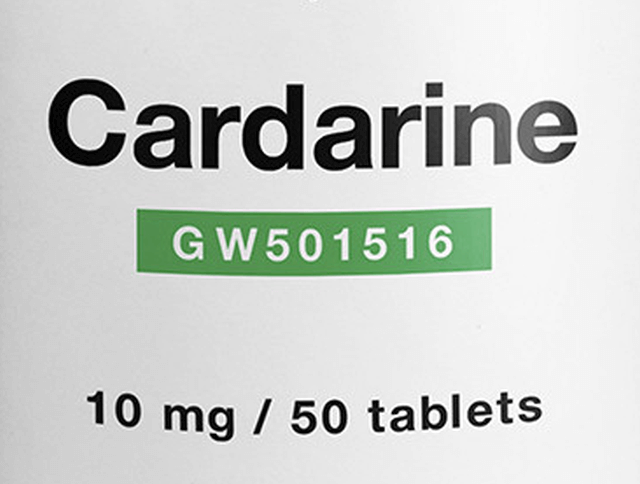MESO-Rx has a new original article on Cardarine (GW501516) written by @PeterBond :
"To date, however, there’s not a single approved drug that selectively acts on PPARδ. That’s not to say that the pharmaceutical industry hasn’t been interested in this receptor subtype: a tremendous amount of research has been done in this area. In this article I will focus on a candidate drug that acts on this receptor and made it into clinical trials: cardarine (GW501516). While the clinical trials showed promising results, two rodent studies that screened for carcinogenicity of the compound casted a dark shadow on it."

 thinksteroids.com
thinksteroids.com
"To date, however, there’s not a single approved drug that selectively acts on PPARδ. That’s not to say that the pharmaceutical industry hasn’t been interested in this receptor subtype: a tremendous amount of research has been done in this area. In this article I will focus on a candidate drug that acts on this receptor and made it into clinical trials: cardarine (GW501516). While the clinical trials showed promising results, two rodent studies that screened for carcinogenicity of the compound casted a dark shadow on it."

The Rise and Fall of Cardarine (GW501516)
Estimated reading time: 12 minutes Table of contentsIntroductionCardarine (GW501516) is a PPARδ agonist developed by GlaxoSmithKline (GSK)Cardarine
 thinksteroids.com
thinksteroids.com

